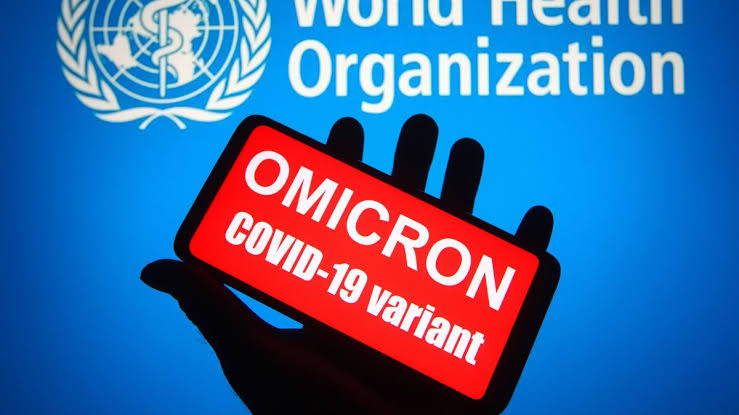
After the successful production of Coronavirus vaccines and the subsequent lockdown ease, the world considered itself healing the wound inflicted by the Covid-19 border closures. Unfortunately, the emergence of Omicron, a new Covid-19 variant with more mutation, tends to add salt to the healing wound.
The spread of the newly emerged virus has galvanized governments’ actions that could herald an extreme policy of shutting down the borders. Meanwhile, scratching the not-yet-healed sour of the last strict border closures would mean the governments have failed to learn the obvious lesson COVID-19 has taught us.
Lockdown policies affect both domestic and international activities. When continental and cross-border trades are halted, a steep recession is unavoidable, food crisis looms, citizens lack a sense of wellbeing and inflation grows beyond imagination.
In 2020, world trade was estimated to have declined by 9.2 percent. The decline was of course owing to the pandemic but will be more correct to say the way in which the virus was handled at the time. The introduction of lockdown policies was universal, and so too was the abrupt stoppage of importation and exportation of goods.
This has caused a substantial economic downturn to the expected growth. According to the World Bank, the consequence would reverse years of progress towards development goals and dip tens of millions of people into extreme poverty.
Nigeria, for instance, has fallen since it closed land borders with her neighboring countries in an effort to thwart the smuggling of rice. With COVID-19-caused border closure, findings indicate that the country’s total GDP fell by 23% during the lockdown. “Household incomes also fell by a quarter, leading to a 9% point increase in the national poverty rate,” noted the International Food Policy Research Institute in its report.
Though the government claimed its restrictions were not to affect essential goods like food items, according to the Director of Turgot Center for Economics and Policy Research in Abuja, the country started experiencing the effects of border closure on food earlier before October 2019.
In fact, the World Bank in its research noted agricultural commodity prices were 14% higher in the third quarter of 2021 compared to the level it maintained in January. During this time, it is correct to say the country collapsed economically, as it faced the worst recession ever experienced in four decades.
Should poverty be chosen over prosperity in a complex situation like the moment or hunger at the detriment of a virus? The early discovery of Omicron has given the governments the opportunity to avert any possibility of lockdowns. States still have time for bilateral and multilateral agreements for an assurance that all travellers from their respective countries are Omicron free.
Couple with sincere compliance with other Covid-19 social protocols, the world can win the war against the emerging Omicron — without devastating loss.






